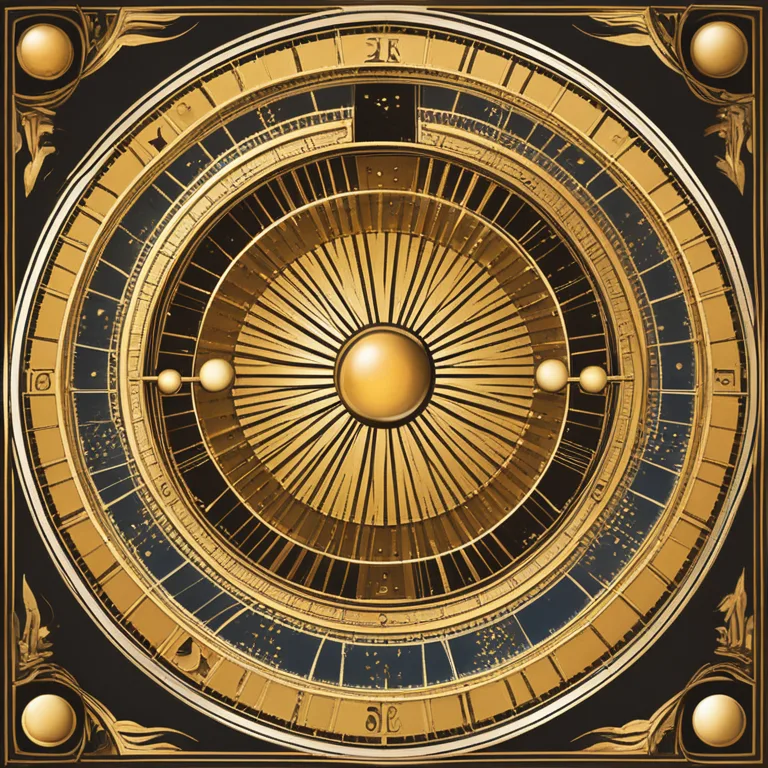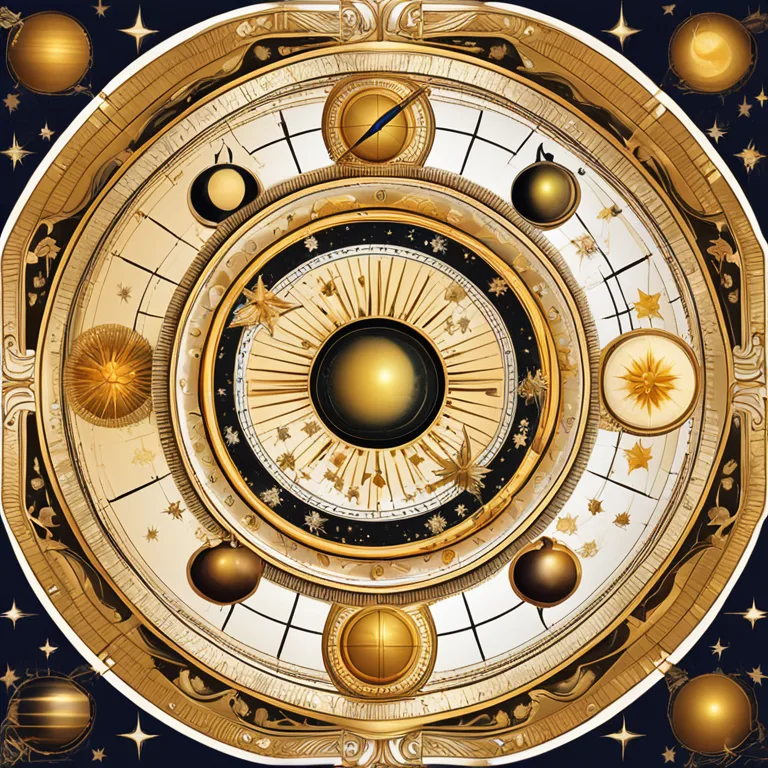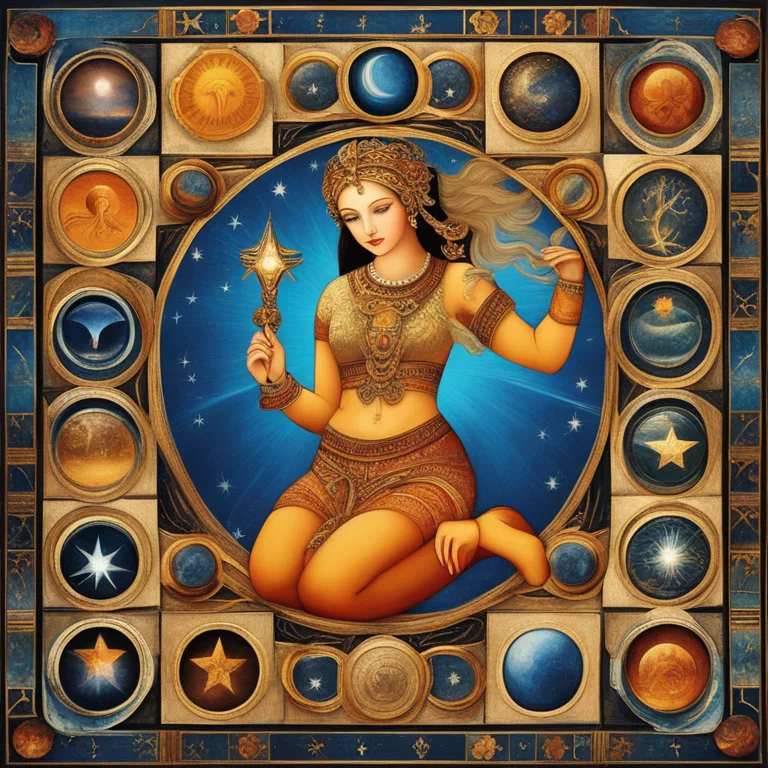
Astrology Insights: Facts You Should Know
Delve into the fascinating world of astrology and discover key facts that contribute to its ongoing intrigue and popularity. Learn what makes astrology captivating in this informative article.
article by Priya Deshmukh
Ancient Astrology Beginnings
Astrology, the study of celestial bodies' influence on human affairs, boasts an extensive history tracing back thousands of years. Originally practiced in various forms across ancient civilizations such as Babylon, Greece, and India, astrology has evolved but remains rooted in the belief that heavenly patterns can affect earthly events. The zodiac system, which is central to Western astrology, was developed by the Babylonians and later refined by the Greeks, consisting of a 12-sign framework that correlates to the stars' positions at one's birth.

The Zodiac and Personal Traits
In astrology, the zodiac is more than constellations – it forms the basis of personality profiling. Each of the 12 zodiac signs corresponds with certain characteristics and behaviors, reflecting the cosmic influence over individuals. Aries, for example, is known for its fiery and leadership qualities, while Cancer is associated with emotional depth and nurturing. Astrologers assess the position of the sun, moon, and planets during one's birth to create a personal profile or horoscope that provides guidance and insight.

Planetary Movements and Their Impact
Astrologers consider not only the static qualities of the zodiac but also the dynamic movements of planets, known as transits. Planetary transits can allegedly signal shifts in energies and experiences. For instance, when Jupiter, a planet linked with growth and prosperity, transits a favorable position in relation to one's natal chart, it is said to bode well for abundance. Such interpretations are used to suggest auspicious times for various life activities, whether they be career decisions, relationships, or personal goals.

Astrological Forecasting: Looking Ahead to 2024
When casting an astrological forecast for 2024, for example, astrologers examine the intricate dance of celestial bodies and the interactions between their positions at the time. The year 2024 presents noteworthy cosmic events, such as solar and lunar eclipses which are traditionally seen as omens triggering change. Utilizing these factors, forecasts provide generalized or personalized predictions to help individuals navigate the potential challenges and opportunities offered by upcoming astronomical phenomena.

Compatibility and Astrology
Another popular facet of astrology is the analysis of compatibility. According to astrological practices, certain zodiac signs harmonize better with others, suggesting the potential for more fluid relationships—be it platonic, romantic, or professional. Compatibility analyses often compare sun signs, but more detailed comparisons take into consideration the moon, Venus, and Mars placements, delivering a nuanced view of relationship dynamics based on celestial alignment.
Modern Astrology: A Blend of Science and Art
Modern astrology bridges ancient traditions with contemporary thought. Despite a lack of empirical evidence supporting astrological predictions, a devoted following embraces astrology for its symbolic language and reflective insights. To many, astrology is an art form—a way to contemplate personality, life cycles, and the human condition, creating a rich tapestry of narrative interwoven with cosmic mythology and psychological archetypes.
Published: 12/29/2023
Modified: 12/29/2023
More predictions
Come back here soon to learn more about yourself and your future


Birth Charts: A Beginner's Guide Explored
Delve into the basics of birth charts, the celestial snapshot of your potential. Learn how they influence personality and life in our beginner's guide.


The Essence Of Your Birth Chart Wheel
Delve into the layers of your personality by understanding the key components of your birth chart wheel, an astrological tool for self-discovery.


Your Birth Chart: Cosmic Blueprint Explored
Delve into the insights of your astrological birth chart and discover the cosmic influences that shape your personality, path, and potential.